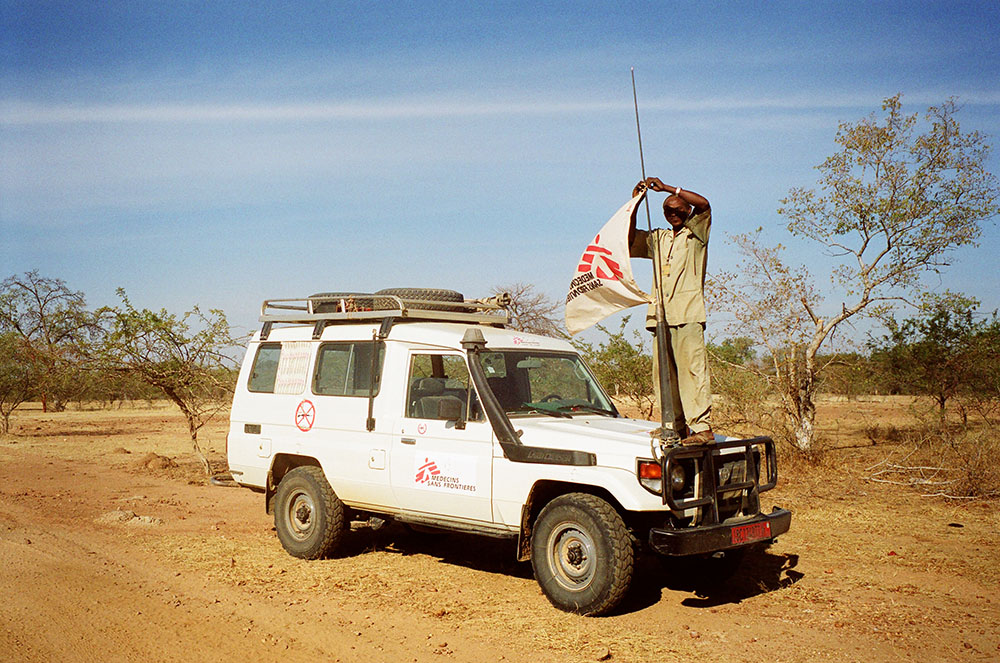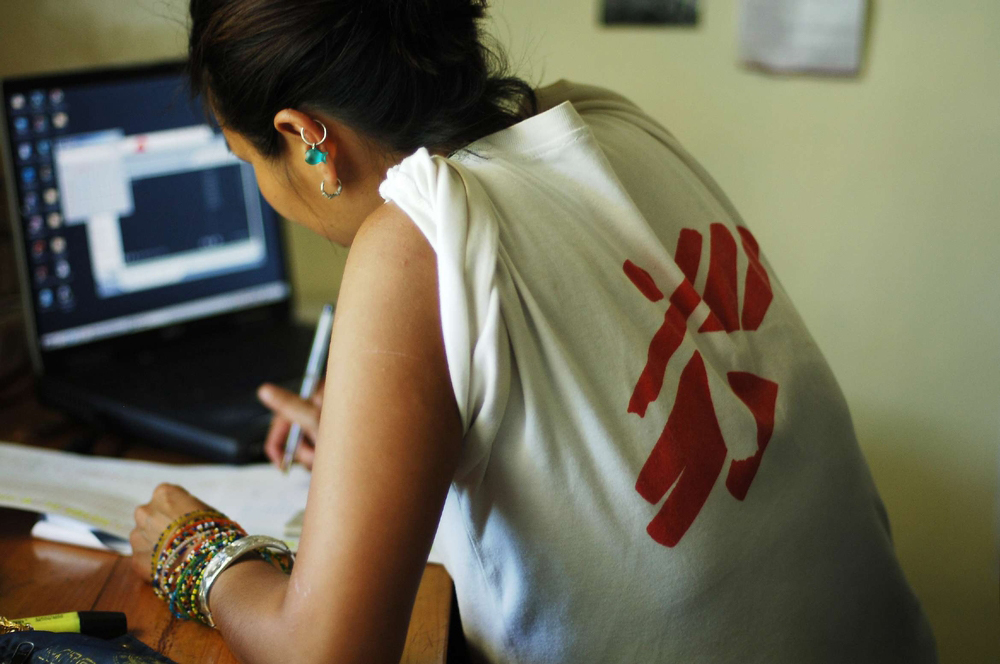Médecins Sans Frontières
Redesigning the hospital handover process

Challenge
Médecins Sans Frontières (MSF) is a humanitarian medical organisation providing support across the world. They deliver medical care in war zones and countries affected by natural disasters. While studying Service Design at Royal College of Art I worked with MSF for 6 months. The improved the handover between international hospital management staff.
Thousands of handovers are being carried out across MSF annually, in some hospitals there is more than 1 international staff handover every month (activityreport2016.msf.org). Due to the challenging conditions that people are working in, members of international staff typically stay for 6-12 months at a time. Often there is a gap between one member of staff leaving and another starting. They might not have time for a face-to-face handover, to explain the process of running the hospital to their successor. Poor handover can mean a significant part of staff time is wasted. It takes longer for management staff to settle into their role, impacting the quality of patient care and the overall strategy of the hospital.

Solution
Our hypothesis was that sharing knowledge between incoming and outgoing hospital management staff could lead to better medical care, a better staff experience, therefore improving the patient experience.
Flexible Handover Template
The template is a Word document which can be stored on the shared drive, or on the hospital computer. The template is designed to be updated with links and bullet points during the project. Rather than writing a whole new handover report every mission, the flexible template is designed to be updated from your predecessor's handover. We encourage field staff to complete their template 3 months before the end of their mission and send it to their line manager.
National Staff Buddies
A buddy system is recommended for new members of staff to be integrated into the team quickly. The buddy relationship also allows the buddy to develop their communication skills and be recognised for their supportive role. International members of staff should be paired with a national staff member in order to benefit from their experience. A buddy is someone who shows the new staff member how everything works in the project.
Living organagram
New staff members felt that understanding their team structure and being able to access an organogram was important. We suggest that the organogram is large, visible to all on the wall in your project. Staff mentioned that images of people on the organogram would be useful.
Team
- Project Lead: Charlotte Fountaine
- Project Sponsor: Peter Whiskerd
- Advisor: Peter Masters
Impact
The solutions developed through the project were not ground-breaking, they are simple and cost-effective ways to solve the issue of ineffective field handover. However the service design approach was new to MSF. Thorough in-depth research highlighted what field staff needed from the new handover process. Then solutions were tested in an agile way, so that only the most useful solutions with the most potential for success reached the field.